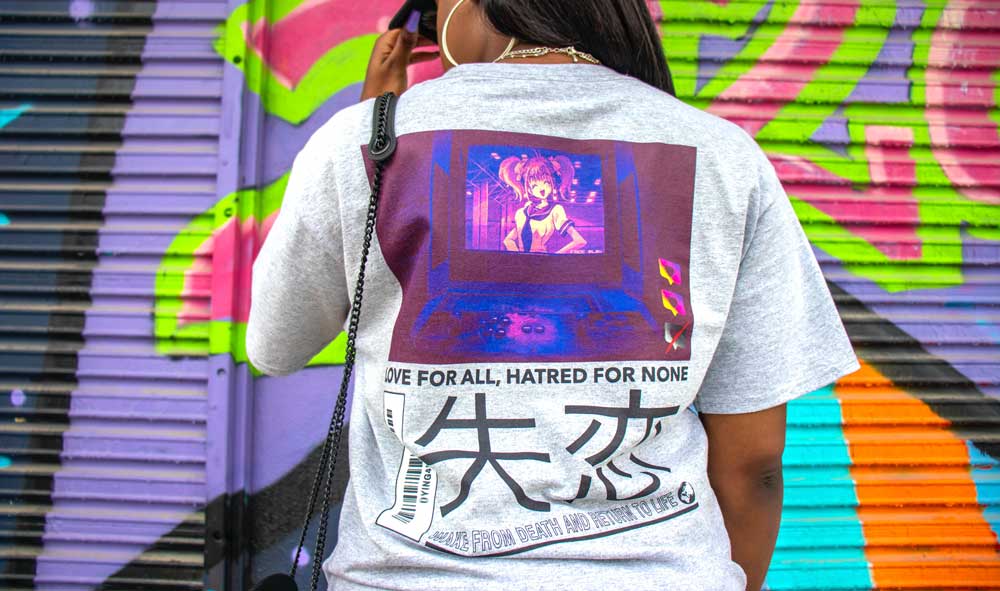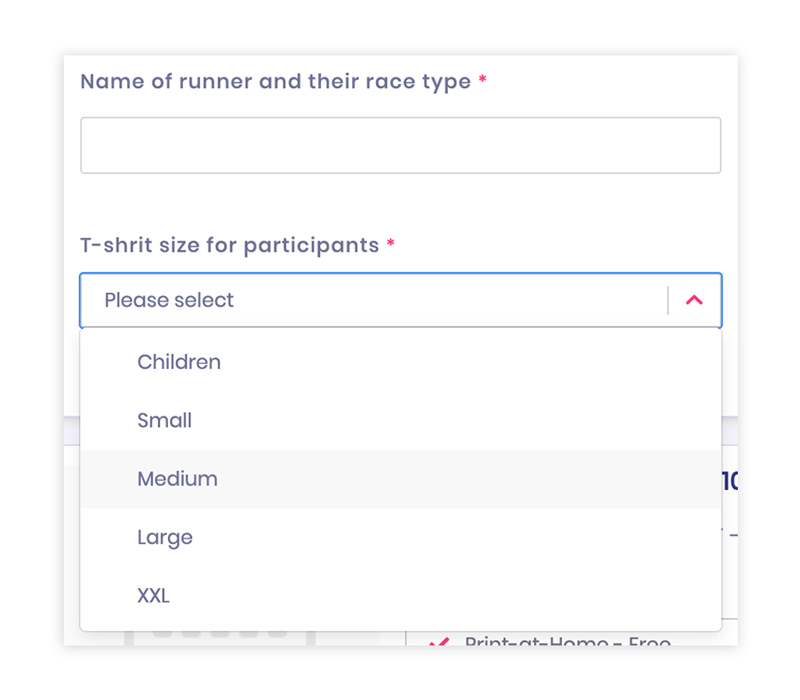Enhancing Your Event Experience: A Guide to Selling Custom Shirts Online
In the multifaceted world of event planning, selling custom shirts has emerged as a creative strategy not only for branding but also for generating additional revenue and enhancing participant engagement. Whether you're organizing a conference, a charity run, a concert, or a seminar, custom shirts can add significant value.
However, the logistics — from selling these shirts online to collecting specifics like sizes — can seem daunting. This guide provides insightful tips and streamlined approaches to effectively sell shirts online, simplifying the process for event planners.
Understanding the Appeal of Custom Shirts
Custom shirts unify the event experience for attendees, creating a sense of community and belonging. They're not just merchandise; they're mementos of an experience, conversation starters, and physical reminders of the event's message or cause. Plus, they offer an additional marketing avenue as attendees continue to wear them long after the event concludes.
Step-by-Step Guide to Streamlining Online Shirt Sales
Design Matters:
Crafting the Right Design: Collaborate with a designer to create a shirt that's not only visually appealing but also embodies the spirit of your event. It should resonate with your attendees' style and preferences and represent your brand or cause.
Quality Over Everything: Opt for high-quality fabric and printing techniques. Comfortable, durable shirts are more likely to be worn, enhancing your event's post-marketing reach.
 Utilize Your Event Registration Platform:
Utilize Your Event Registration Platform:
Integrated Selling: Many event registration software options now offer merchandise-selling capabilities. Platforms like Purplepass, for instance, allow you to include merchandise in the ticket-purchasing process. This integration makes it convenient for attendees to buy shirts at checkout, making impulse buying more likely.
Size and Preference Collection: Use these platforms to collect necessary information. Include options for shirt sizes, styles (e.g., unisex, fitted, long sleeve), and perhaps even color preferences. The key is to make the selection process intuitive and quick.

Create Enticing Offers:
Early Bird Incentives: Encourage early registrations by offering a discount on merchandise purchased with early bird tickets. Not only does this incentivize shirt sales, but it also boosts early event registrations.
Bundle Offers: Consider creating package deals, such as "Gold Registration = Free Shirt," or bundles with other merchandise. It simplifies the purchasing decision and adds value to the higher-tier tickets.
Streamline the Sales Process:
Hassle-free Checkout: The checkout process should be seamless. The more steps and time it takes, the higher the likelihood of cart abandonment. Test the checkout process to ensure it's smooth and quick.
Mobile Optimization: With the increasing reliance on smartphones, ensure that the shirt purchasing process is optimized for mobile devices. Clunky, non-mobile-friendly processes can deter potential sales.
Leverage Social Proof and Scarcity:
Testimonials and Pictures: Post images of happy attendees from past events wearing the event shirt or share customer testimonials about the quality and design. Social proof can significantly influence purchasing decisions.
Limited Edition: Market the shirts as "limited edition" items. The scarcity effect can prompt attendees to buy, fearing they might miss out.

Effective Communication:
Email and Social Media: Use your communication channels to highlight the shirts. Showcase the design in email blasts and social media posts, and include direct links to the purchase page.
Clear Deadlines: If there is a cut-off date for ordering the event shirts, communicate this clearly and frequently to create urgency.
Post-Event Sales Opportunities:
Extra Inventory: If you have shirts left post-event, consider selling them at a discounted rate. It can continue to raise funds or awareness for your cause and clear out inventory.
Feedback for Future Events: Encourage buyers to provide feedback on the purchasing process, shirt design, and quality. This information is invaluable for improving your approach to future events.
|
Sell Merchandise Online Not just for event tickets, use Purplepass |
Conclusion: Selling custom shirts as part of your event strategy is a brilliant move, offering multifaceted benefits. However, its success hinges on a seamless integration of the sales process into your event planning, attention to design quality, and strategic use of marketing principles.
By following these tips, event planners can not only add an exciting element to their event but also create a lasting impression that extends beyond the confines of the event itself. Whether for branding, community-building, or revenue generation, custom shirts represent a unique opportunity in the realm of event planning.







